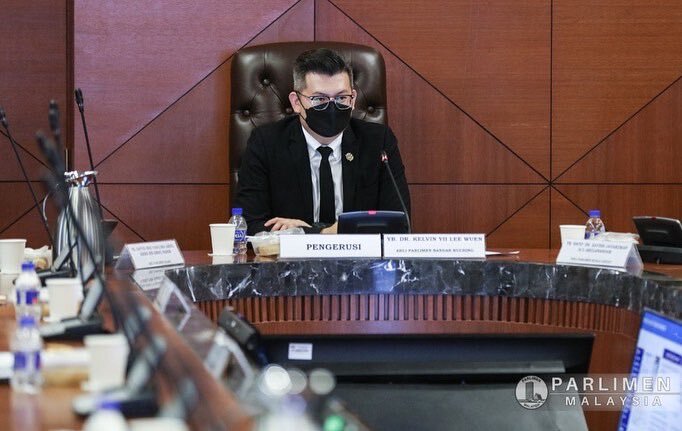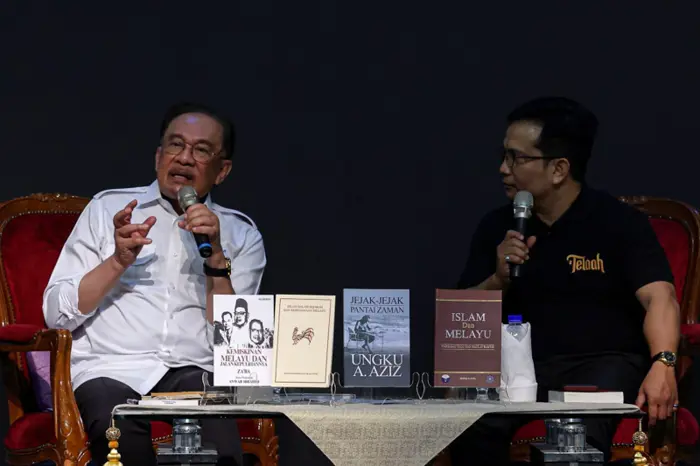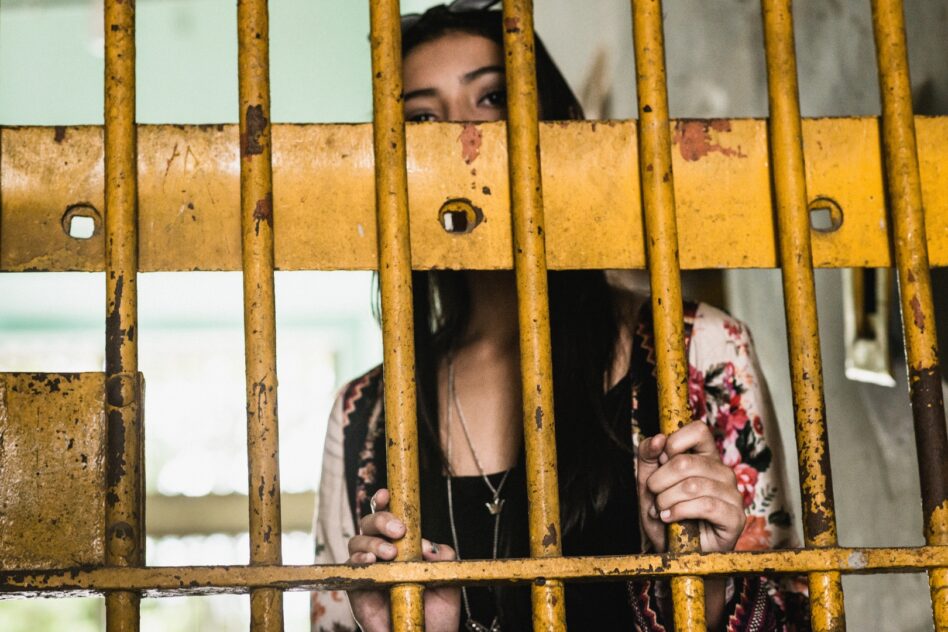THE GOVERNMENT’s generation end game (GEG) for tobacco products should be delayed by three years, the Parliamentary Special Select Committee (PSSC) of Health, Science and Innovation recommended today.
PSSC chairman Dr Kelvin Yii said doing so will “strengthen preparations” for effective implementation of the GEG, and give time to prepare a “proper” inter-governmental enforcement framework.
This will mean the GEG would only affect individuals born after 2008, as opposed to the current proposal in the Control of Tobacco Products and Smoking Bill 2022, which aims at prohibiting the sale of cigarettes, tobacco and vape to anyone born after 2007.
The Government intends to table the Bill for second reading next week in the Dewan Rakyat, in a bid to outlaw smoking for the next generation amid intense opposition from tobacco and vape groups.
In a statement, Yii said the committee agrees, in principle, with the purpose of the Bill, which is to uphold the health and well-being of Malaysians, and for future generations in particular.
The Bill also addresses the need to expedite the regulation of tobacco products, such as vape, e-cigarettes and non-combustible tobacco products.
“However, we acknowledge the different concerns raised by all stakeholders and see the importance of addressing certain implementation gaps, and setting a mandatory review and monitoring framework, to ensure the Act achieves its intended target without causing any unintended consequences.”
Mandatory evaluations
The PSSC recommended inserting a clause in the Bill to enable “two-mandatory evaluation”, which sets two timelines for assessing the GEG plan, before and after implementation.
The first timeline, set over three years, aims at assessing the preparedness of the Government in fully implementing the GEG and evaluating the effectiveness of the implementation of the Bill.
This period is also to be used to assess the need for separate regulations and Acts for non-combustible tobacco products, vape and combustible tobacco products, based on emerging science and data.
Parameters for these assessments, Yii added, should be agreed upon by the Health Ministry and Parliament (through the PSSC).
“A mandatory assessment report done in the PSSC should then be brought to Parliament in the form of a motion for debate and vote,” the Bandar Kuching MP said.
The second timeline, on the other hand, aims at evaluating the level of compliance and effectiveness of the Bill over a period of 10 years.
This is as it relates to dealing with the issue of smoking and reducing the number of smokers, on top of incorporating new provisions based on new science and data, if needed.
“No punishments for juveniles”
The PSSC, meanwhile, disagreed with the proposed criminal punishments in the Bill for offenses involving juveniles, saying no such punishments should be imposed or recorded for youths if they possess tobacco products.
According to CodeBlue, a maximum RM5,000 fine is provided in the Bill for offences relating to the purchase, possession or use of tobacco and vape products.
Alternative penalties like community service, mandatory counselling sessions and a “reasonable fine” using the tier-system for first-timers were proposed instead.
“On top of that, we are also concerned about enforcement power issues in the Bill itself, especially involving juveniles and even children,” Yii added.
“The power to inspect, possibly body-check and punish a child for possession must be heavily controlled to prevent abuse.
“That is why the guidelines for enforcement must be very clear and specific on this; to ensure the vulnerable are not victimised by the law, especially the poor.”
Yii expressed hope the health minister will respond to the PSSC’s concerns, which came about through discussions with stakeholders and experts, and incorporate the PSSC’s recommendations in the Bill. – July 28, 2022









